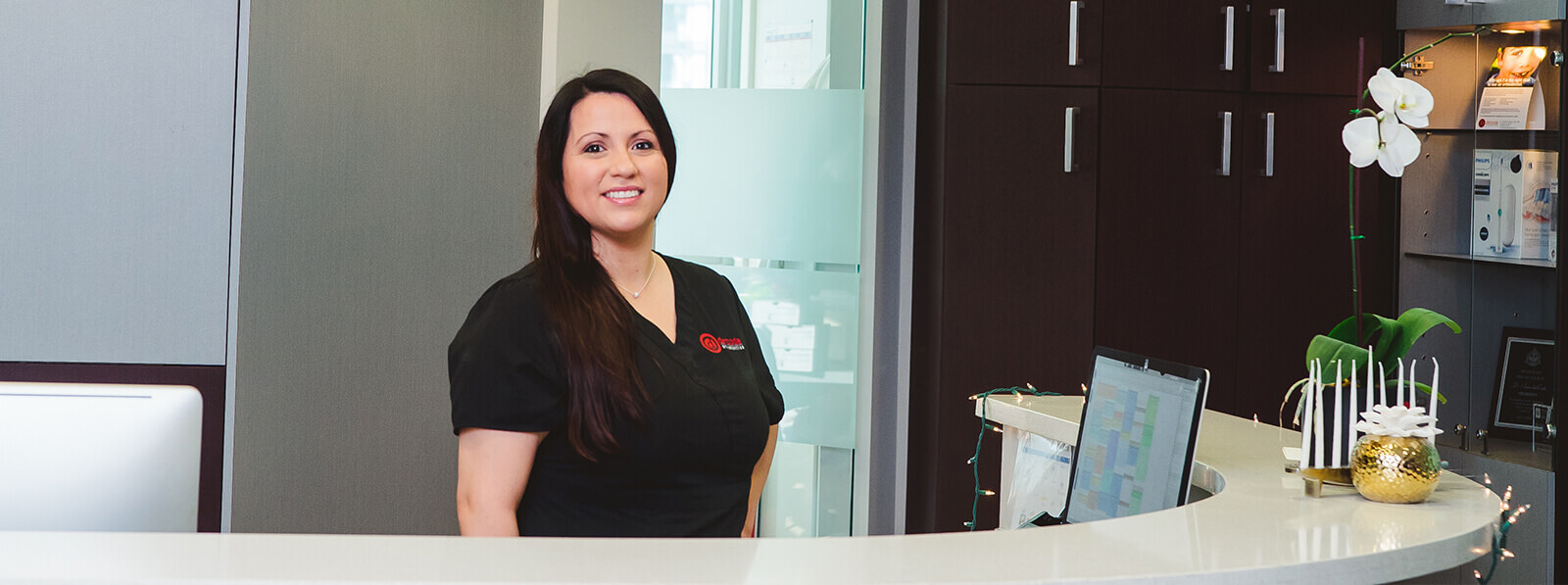STAY IN TOUCH
Join our newsletter for useful tips and valuable resources

Main/Brickell Office: 175 SW 7th St, Suite 1408 Miami FL 33130
Key Biscayne: 260 Crandon Blvd, Suite 31 Key Biscayne FL 33149
Tel. 305 - 373 - 7799
info@deroodeortho.com
Copyright © 2020 Elaine DeRoode | All Rights Reserved
